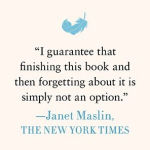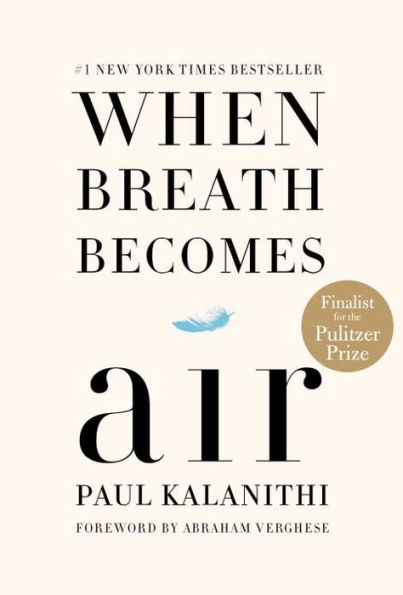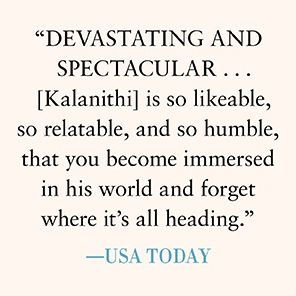Father’s Day isn’t just about your dad and the lame gift you probably bought him at the last-minute (another tie? really?). It’s about all the dads; any man who starts a family and then puts everything he has into raising his children. Most fathers aren’t famous, although considering what we put them through they should all get […]
Fiction can show us lives and worlds that don’t exist, or that we have no access to. History can help us understand our world. Biographies can help us understand the people in it. But many books are written at a remove—no matter how well-researched or how well-written, the author didn’t actually experience what they’re writing […]
Icons come in all shapes, sizes, colors, and backgrounds. Some are fascinating because of unique challenges and life stories, others by rising to the tops of their fields with style. They inspire and teach us, but there’s always much more to their lives than their public personas. These books go behind the scenes with intriguing […]
Forget about whether Lorelai is still with Luke. Put your questions about Paris on pause. We all know what our most burning questions will be when Gilmore Girls returns to the small screen in TK: What is Rory reading? It’s 2016, and the world is kind of a mess, even in Stars Hollow. But there’s comfort […]














